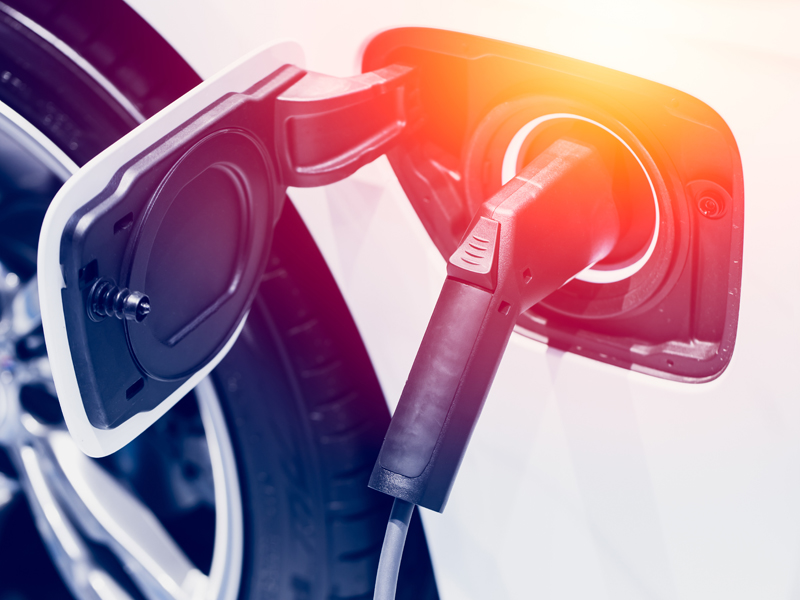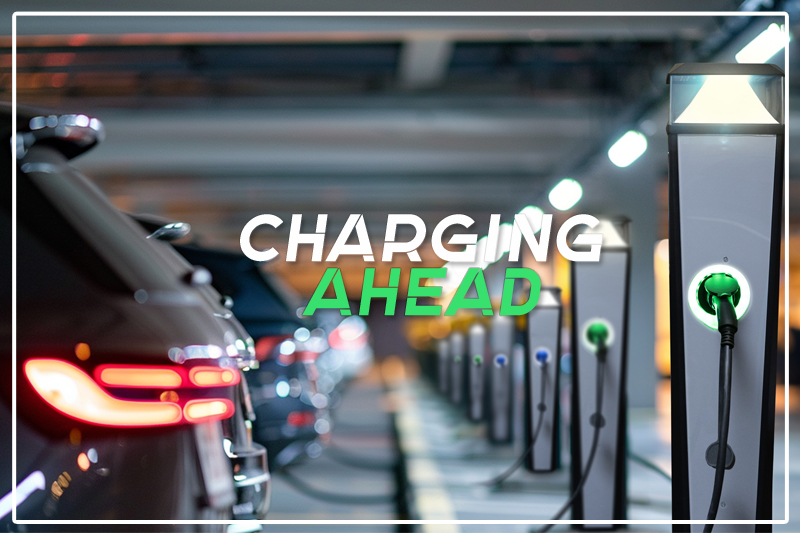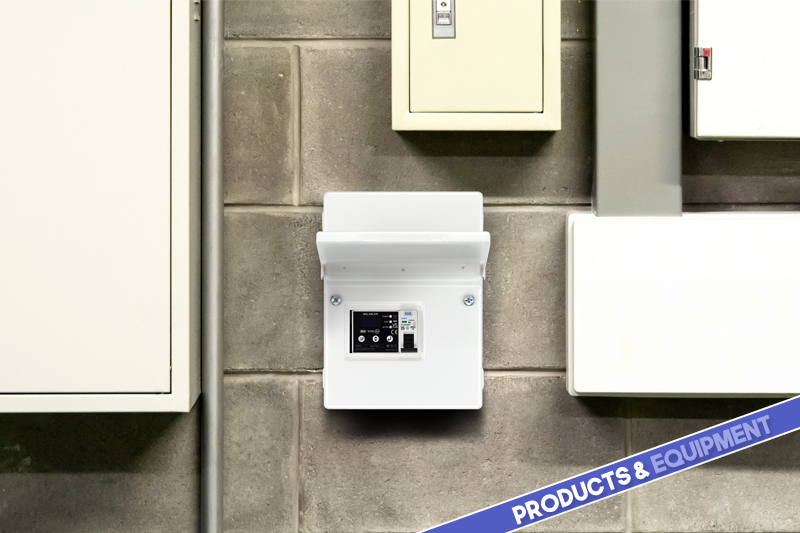Some of Europe’s leading smart charging solutions providers recently signed a letter of intent pledging to open their networks for drivers of electric vehicles (EVs) in the UK through a roaming partnership by the end of 2019.
Involved in this initiative to open up the charging infrastructure are Allego, EVBox and NewMotion. Together with Chargemap, ChargePoint, Charge4Europe, Engenie, Franklin Energy, and Travelcard they want to make a statement on how easy access to charging infrastructure will help improve the switch to e-mobility for drivers in this region.
When implemented, the agreement will mean EV drivers in the UK only require a single subscription to access public charging stations operated by any of the signatories. In addition to accepting each other’s subscribers, the operators will share charging station information so data can be used to improve the charging experience for customers. This will make it easy for EV drivers to see where and if a charge point is available for charging and what a charging session will cost at the specific charge point.
Currently, EV drivers need memberships to multiple different operators to be able to fully access every available public charge point. This has created an inconsistent experience for customers, whereas a joined-up, consumer friendly public charging network could make EVs more desirable. Moreover, interoperability agreements in markets such as the Netherlands, France and Germany have been accredited with fuelling the switch over to EVs.
Creating a coherent public charging network is especially critical for the UK, which has stated an intention to remove traditional combustion engine vehicles from its roads by 2040. On a European level it is expected that by 2025 there will need to be at least 1.2 million public charging stations to meet the growing need for EV charging.
Speaking on the announcement, Matt Western MP states: “As Chair of the APPG on Electric Vehicles, I support this move – which will make it easier for drivers to charge up their electric vehicles, and therefore, make the purchase and maintenance of them more accessible to consumers and the wider public.”





